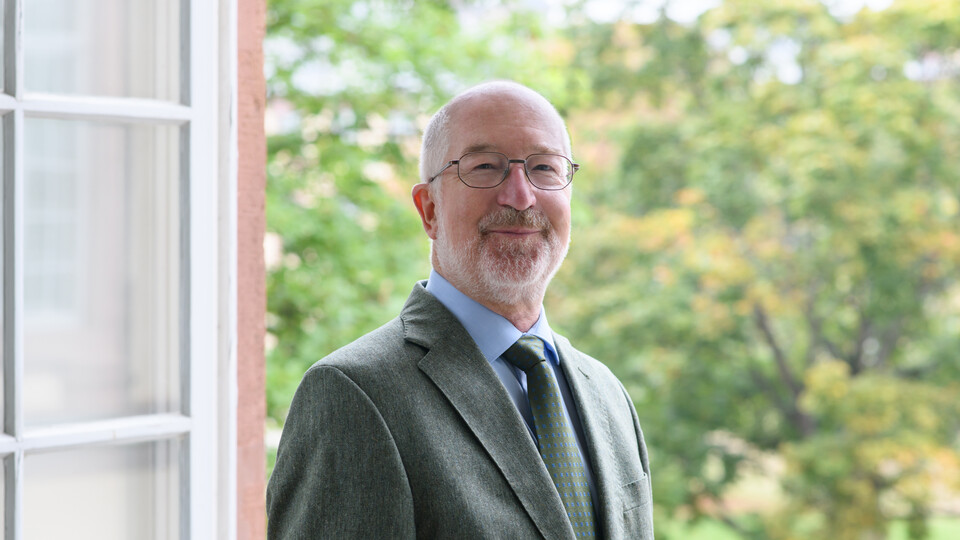Professor Jochen Taupitz Appointed to the Commission on Reproductive Self-Determination and Health

In their coalition agreement, the German Traffic Light coalition comprising the SPD, the Greens and the FDP, had agreed to examine the possibility of regulating abortion outside of the criminal law as well as options for legalizing egg donation and surrogate parenting. At the end of February, the Federal Ministry of Health (BMG) announced the start of work by the commission that has been set up for this purpose.
Jochen Taupitz, senior professor of Private Law, Law of Civil Procedure, Private International Law and Comparative Law at the University of Mannheim, will play a part in one of the two working groups appointed by the commission. Based on the current legal situation, the working group is to examine whether and, if so, how the legalization of egg donation and altruistic surrogacy – agreements where the surrogate mother does not receive any financial compensation – might be possible.
The medical law expert has taught and conducted research at the University of Mannheim since 1990. He was also chairman of the Central Ethics Committee at the German Medical Association and deputy chairman of the German Ethics Council. In addition, he was executive director of the Institute for German, European and International Medical Law, Health Law and Bioethics at the Universities of Heidelberg and Mannheim (IMGB) until 2022.
The experts were appointed by the Federal Minister of Health, Professor ,Karl Lauterbach, the Federal Minister of Justice, Dr. Marco Buschmann, and the Federal Minister for Family Affairs, Senior Citizens, Women and Youth, Lisa Paus. The commission comprises 18 experts from the fields of ethics, medicine, constitutional law, family law, and public law.
